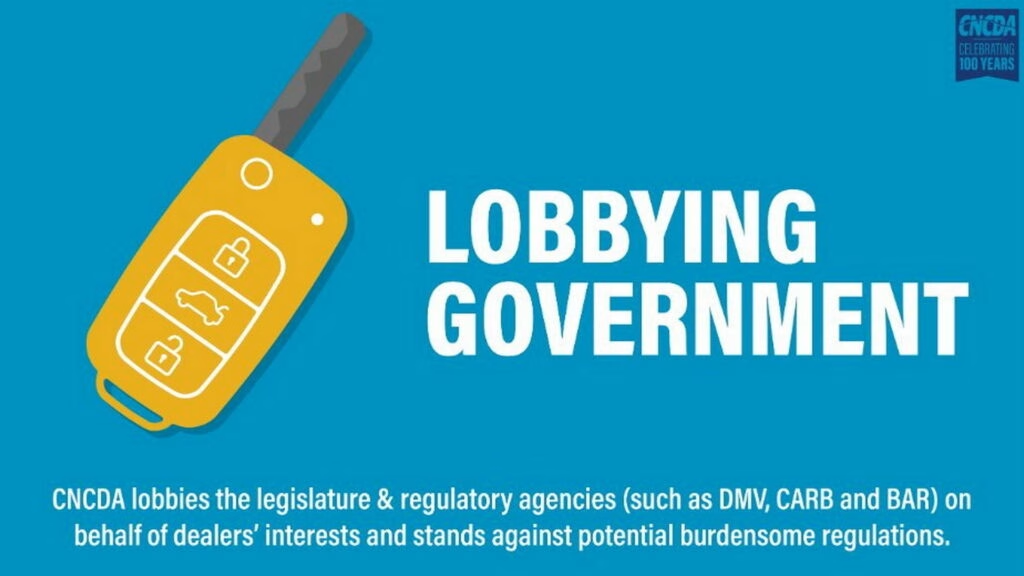California’s car-buying landscape is on the brink of a significant change, one that could hit consumers hard in the wallet. A new bill, Senate Bill 791, is making waves with the potential to raise dealer fees dramatically. If passed, this legislation could see fees soar from a long-standing cap of $70-$85 to a staggering $500 or 1% of the vehicle’s sale price—whichever is lower. That’s an increase of up to 600%! So, what’s driving this proposed change, and what does it mean for car buyers in the Golden State?
### Why Are Dealer Fees Increasing?
The California New Car Dealers Association (CNCDA) is at the forefront of this push, arguing that rising operational costs necessitate the fee hike. They claim that while other businesses can easily pass on costs to consumers, car dealers must seek state approval to adjust their fees. This rationale, however, raises eyebrows. After all, the administrative costs associated with processing vehicle registrations don’t vary significantly based on the car’s price tag.
Anthony Samson, a lobbyist for the CNCDA, stated that if dealers could simply recover their costs through vehicle pricing, they wouldn’t be advocating for this measure. But many critics, including Senator Henry Stern, see this as a thinly veiled attempt to enrich dealers at the expense of consumers. Stern pointed out that car dealers have not earned the public’s trust to justify such a dramatic increase in fees, especially given the industry’s history of questionable practices.
### The Role of Political Donations
It’s hard to ignore the timing of this bill. The CNCDA has reportedly invested millions in political donations in recent years, which raises questions about the influence of money in politics. With such significant financial backing, it’s no wonder that the bill garnered near-unanimous bipartisan support, with only one senator voting against it. Rosemary Shahan from Consumers for Auto Reliability and Safety argues that this is a clear case of legislation benefiting car dealers while harming consumers.
### What Does This Mean for Consumers?
If Senate Bill 791 becomes law, car buyers in California could face a hefty increase in costs when purchasing a vehicle. The potential for fees to jump to $500 means that consumers will need to factor this into their budgets, making car ownership even more expensive in a state already known for its high living costs.
Moreover, this change could set a precedent for similar legislation in other states, potentially leading to a nationwide trend of increased dealer fees. For consumers, this means staying informed and advocating for fairer practices in the automotive industry.
### What Can Consumers Do?
In light of these developments, consumers should remain vigilant. Here are a few actionable steps to consider:
1. **Stay Informed**: Keep up with the latest news regarding Senate Bill 791 and other legislative changes that could impact car buying.
2. **Advocate for Transparency**: Engage with local representatives to express concerns about rising fees and the need for transparency in the car-buying process.
3. **Explore Alternatives**: Consider exploring different purchasing options, such as buying from private sellers or looking into online car-buying platforms that may offer more competitive pricing without hefty dealer fees.
The big takeaway? The proposed increase in dealer fees isn’t just about higher costs—it’s about the broader implications for consumer rights and fair practices in the automotive industry. By staying informed and advocating for change, consumers can help shape a more equitable car-buying experience. Start with one change this week, and you’ll likely spot the difference by month’s end.

